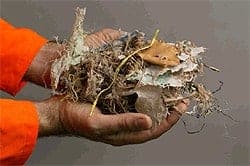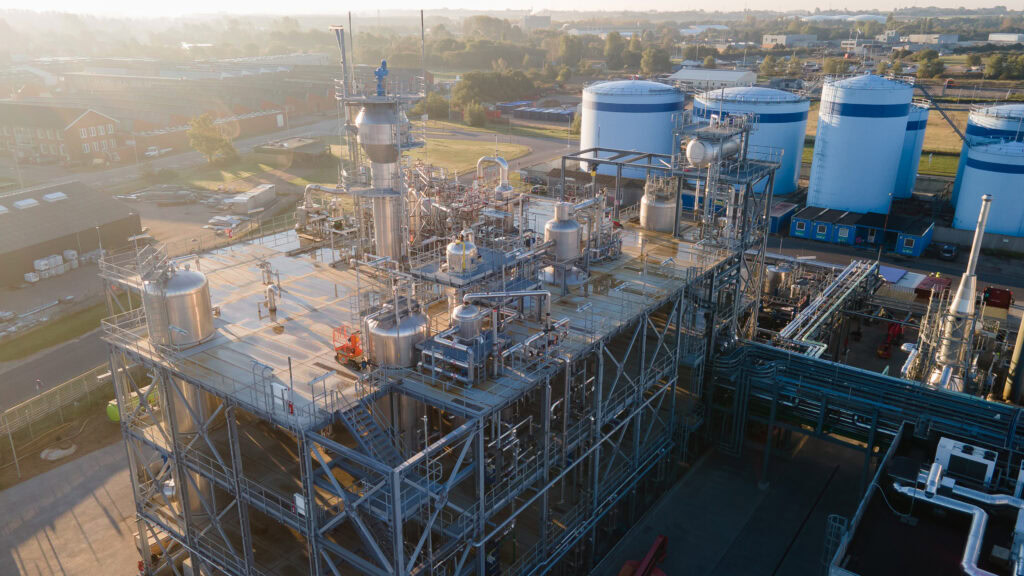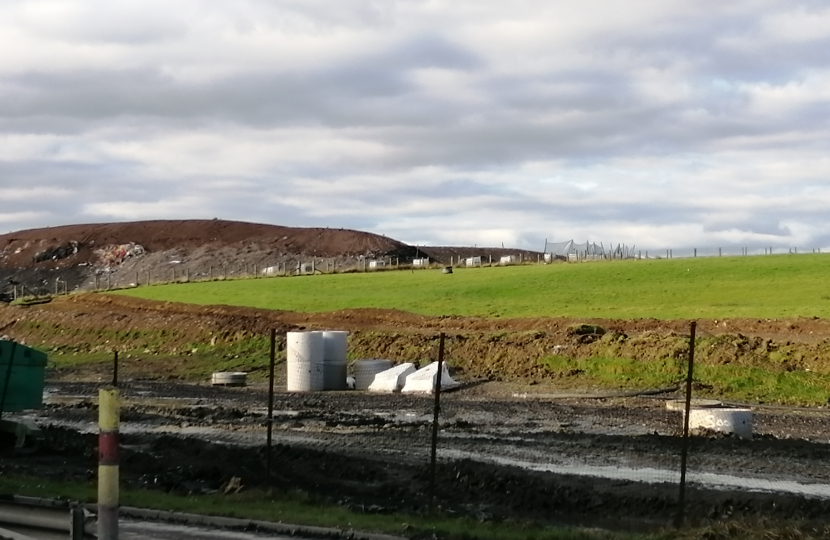Meanwhile, the organisation has also called for robust enforcement of waste storage and shipment regulations to prevent potential abuse of the market.

The report, Research into SRF and RDF Exports to Other EU Countries which was partly funded by Zero Waste Scotland and Irelands Environmental Protection Agency is intended to provide a long term picture for businesses currently investing in RDF export in the UK and Ireland. Research was carried out by AMEC Environment & Infrastructure UK.
It claims that there is currently a demand from the continent for RDF from the UK as overcapacity exists in a number of facilities that were publicly funded to provide heating and energy to homes, unlike in the UK and Ireland where landfilling has been the preferred disposal route for waste.
And, public opposition to facilities often leads them to be sited where there is little opportunity to use the plants outputs while new facilities may struggle to contend with their continental competitors which can offer low gate fees having already paid back their initial investments.
Demand
But according to CIWM, rising landfill diversion rates among new EU Member States could result in more refuse derived fuel (RDF) and solid recovered fuel (SRF) entering the market, which could negatively impact demand for material from the UK.
And, the report concedes that a lack of online domestic EfW capacity could leave England and Ireland exposed to more volatile markets in the future.
Commenting on the report, CIWM chief executive Steve Lee, said: In the short term, CIWM believes that a more rigorous and consistent enforcement framework needs to be put in place, and further work done to assess the viability of developing a classification system or minimum pre-treatment standard for RDF. In addition to ensuring that illegal activities are curbed, we believe this is an essential measure to ensure that valuable material resources are not being lost to the domestic reprocessing industry and the UK/Irish economy as a whole.
‘In the short term, CIWM believes that a more rigorous and consistent enforcement framework needs to be put in place, and further work done to assess the viability of developing a classification system or minimum pre-treatment standard for RDF.’
Steve Lee, CIWM
In the longer term, while accepting that legitimate market forces are driving this material abroad, CIWM believes that we need to better understand and quantify the extent to which this trade could compromise investment in domestic infrastructure and the UK and Irelands ability to fulfil their obligations with regard to moving waste up the hierarchy and moving towards a more resource efficient and circular economy.
The report also claims that an improved regulatory framework is needed to ensure that unsorted or inadequately treated waste cannot be exported as RDF, and that greater clarity is needed over regulations around storage of the material.
Margaret Bates, chair of the CIWM Scientific & Technical Committee and Professor of Sustainable Wastes Management at the University of Northampton, said: This work raises a number of important questions about the long term viability of this export trade in the context of broader strategic objectives with regard to waste, resources and energy, as well as concerns about current practices and the need for a robust regulatory approach.
Regulation
Meanwhile, waste industry trade body the Environmental Services Association (ESA) said that the report supported the case for tougher regulation on RDF storage.
ESA economist, Jacob Hayler, said: RDF export has given the UK the flexibility to divert waste from landfill at acceptable cost despite an ongoing shortage of domestic residual treatment capacity. In the short term, this could continue to be a valuable option for the UK while we develop the facilities which will help us to become self sufficient in our waste treatment. Additional UK facilities would also reduce the loss of a domestic energy source at a time of gathering unease over the robustness of the UK energy supply.
Related Links
One are where action is needed is tougher regulation on the storage of RDF the loose approach applied to date has encouraged rogue operators to enter the market with poorly managed sites often causing problems for local communities. By improving storage regulation, these rogue traders will be stopped and the benefits of tighter regulation will be felt across the industry and in local communities.











[…] EPA, Zero Waste Scotland and the CIWM commissioned a report to be carried out into the practice of waste being exported at such large scales both from […]